It’s backyard barbecue season, but that doesn’t mean you have to be the feast! Here are some ways to safely avoid bug bites:
- Avoid outdoor activities during dusk and dawn when mosquitos are most active
- Avoid playing in or around standing puddles of water or flowerbeds
- Wear thin, long sleeved shirts and long pants to minimize skin exposure
What about bug spray?
Yes, bug spray is okay to use. The American Academy of Pediatrics (AAP) recommends insect repellents that contain the active ingredient DEET (N,N-diethyl-3-methylbenzamide). Pregnant women and children older than 2 months old should use sprays with the lowest available concentration of DEET, but no more than 30 percent. If you plan to be outside for only a few hours, a lower concentration of DEET is recommended. If you plan on being outside for a full day, higher concentrations are recommended, but no more than 30 percent. Once inside for the day, wash bug spray off of your child’s skin. Newborns and infants younger than 2 months old should be dressed in long clothing and covered with lightweight blankets or mosquito netting. Always use insect repellent as directed.
Picaridin 20 percent is an alternative ingredient to DEET to look for in insect repellants. These repellents work, but they do not last as long. Do not use products with oil of lemon eucalyptus on children under 3 years old. Other products like electronic devices, wristbands, garlic or vitamin B1 have not been found to work to ward off insects. So you can feed your kids garlic bread until the cows come home, but it won’t keep them from getting covered in mosquito bites!
Bug spray application tips
Insect repellent should only be applied to exposed skin, and children should never apply it on their own. When applying insect repellent to your child’s face, spray it into your hands, and then rub it onto your child’s face. Make sure to avoid their mouth and eyes. Never use repellents on cuts, wounds or irritated skin.
Do not use combination bug spray/sunscreen products because DEET may make the sun protection factor (SPF) less effective. Also, sunscreen needs to be reapplied often, and so reapplying product with DEET may overexpose kids. Be sure to apply sunscreen to the skin first and then insect repellent so that it is most effective.
No matter which type you use, always store insect repellents in a locked cabinet where children cannot get their hands on them. Be sure to use bug sprays in open areas only, and never apply them near the food you plan to eat. Once you are back inside, wash your child’s skin and clothing well with soap and water.
If you think that your child is having a reaction to an insect repellent, immediately:
- Stop using the product
- Wash your child’s skin with soap and water
- Call POISON HELP at 1-800-222-1222, your child’s medical provider or if he/she is experiencing difficulty breathing, call 911
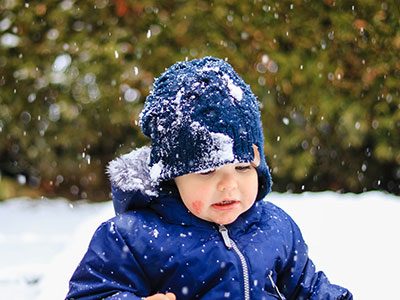 https://riseandshine.childrensnational.org/wp-content/uploads/2025/03/little-boy-with-rash-feature.jpg
300
400
webteam
https://riseandshine.childrensnational.org/wp-content/uploads/2017/11/childrens_riseandshine_logo.jpg
webteam2025-03-24 17:38:572025-03-25 10:11:16Winter rash: How to keep your child’s skin healthy during brittle winter months
https://riseandshine.childrensnational.org/wp-content/uploads/2025/03/little-boy-with-rash-feature.jpg
300
400
webteam
https://riseandshine.childrensnational.org/wp-content/uploads/2017/11/childrens_riseandshine_logo.jpg
webteam2025-03-24 17:38:572025-03-25 10:11:16Winter rash: How to keep your child’s skin healthy during brittle winter months


 Meagan Van Assche, NP, was a pediatric nurse practitioner with Children’s Pediatricians and Associates Foggy Bottom/Capitol Hill.
Meagan Van Assche, NP, was a pediatric nurse practitioner with Children’s Pediatricians and Associates Foggy Bottom/Capitol Hill.
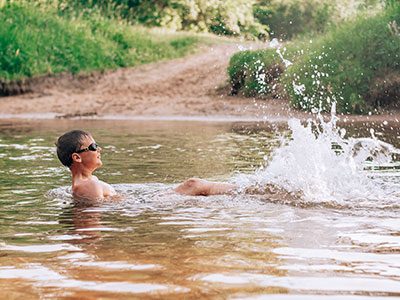
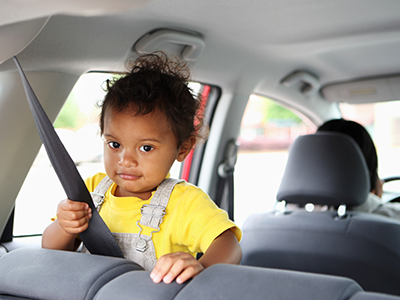
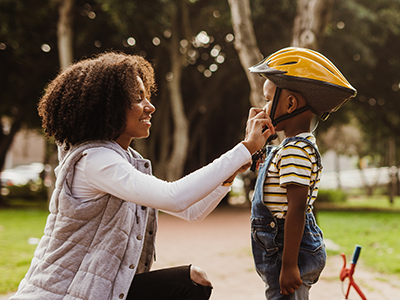

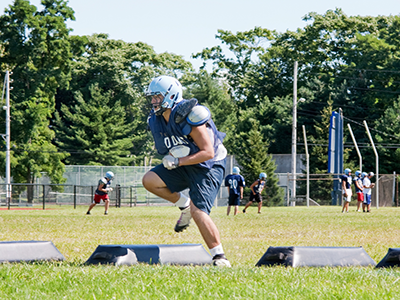
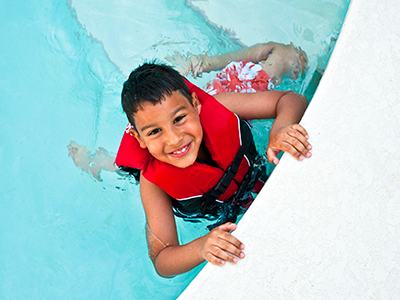
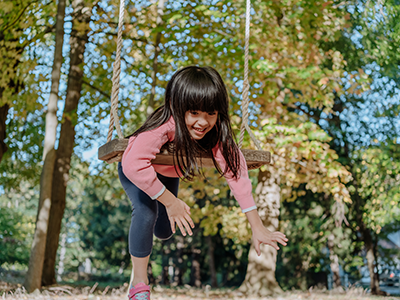
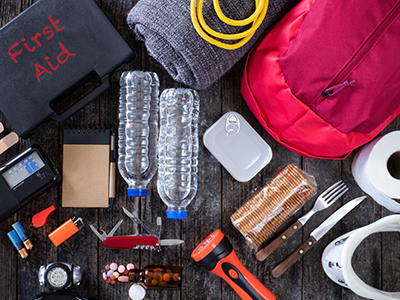
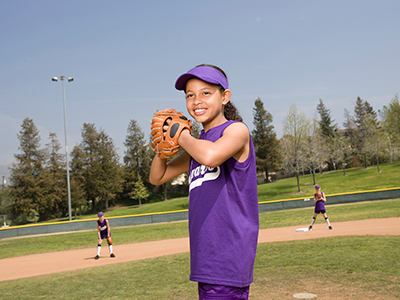
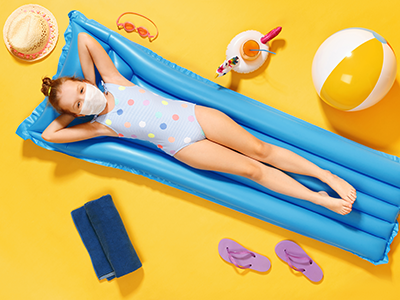

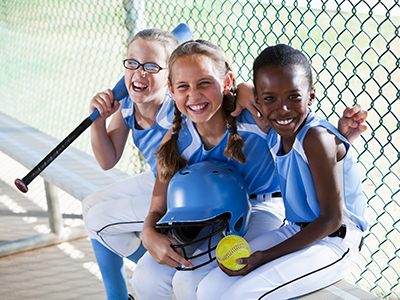

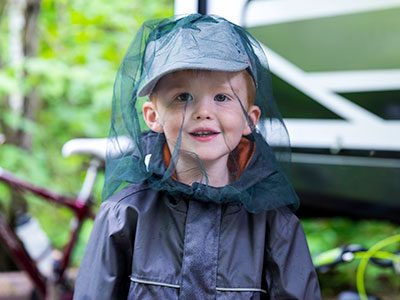
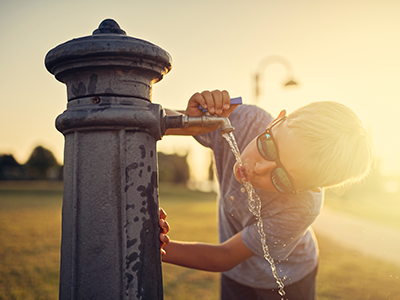

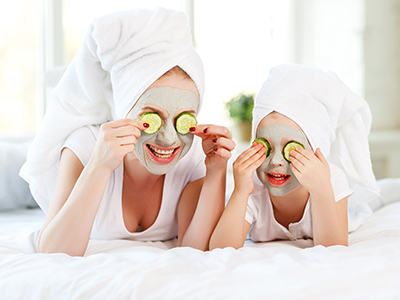
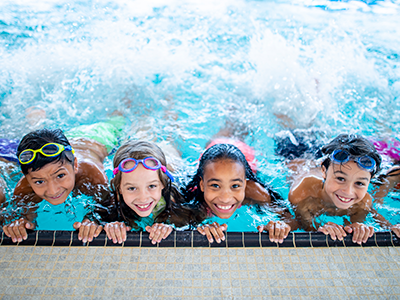
AVON. Skin so soft bath oil. Spray on keep. Mosquitoes away
I have use Avon bath oil it do work great for mosquitoes mosquitoes
I love that stuff Avon bath oil it’s really works…..
I see Carmen it said she uses Avon bath oil for years and years since I was a kid and 57 now we used the Avon bath oil it is called Skin So Soft we have used it on the beaches in the woods that is one of the best insect repellents I have ever used it’s okay men you will smell sweet hahaha but it works
Avon skin So Soft lotion also works quiet well. I’ve personally use on myself and grand kids.
Will Avon skin so soft work on tick bits as well?